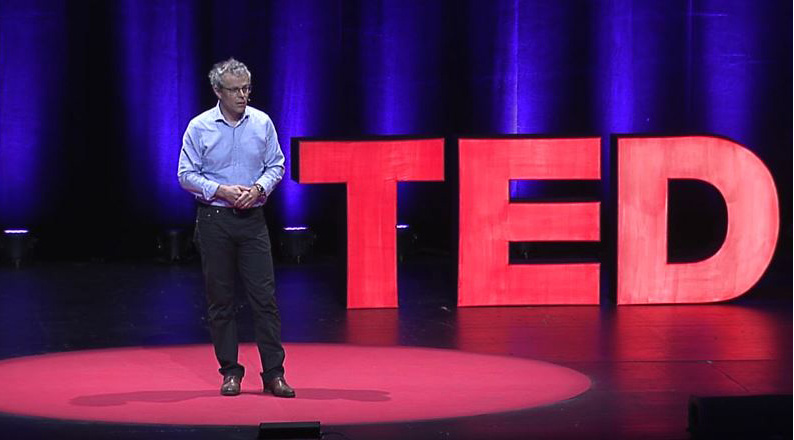The light footprint approach – swisspeace’s answer to violent conflict
Director of swisspeace Laurent Goetschel demonstrates in a video how swisspeace is supporting civil society in war-torn countries like Afghanistan and Syria in order to rebuild trust between conflicting parties and to promote peace. The “light footprint” approach adopted by swisspeace is non-invasive, meaning the local conflicting parties are supposed to find solutions themselves, since it is they who have to continue cultivating relationships after the violence has ended. The role of swisspeace lies primarily in bringing together hostile groups and providing a platform for negotiations, while giving the needs and interests of the conflicting parties center stage.


